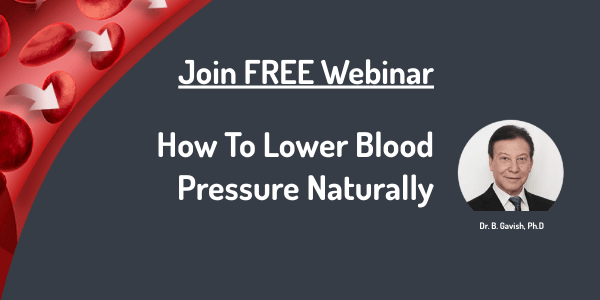During menopause, a woman’s hormone levels shift significantly, and these adjustments are responsible for the occurrence of many physical changes in the body. The circulatory system is one of the parts of the body affected by these changes. Decreased production of hormones such as testosterone and estrogen cause certain activity in the bloodstream, which can result in headaches or high blood pressure. These symptoms are irritating at their mildest and, at their worst, dangerous; high blood pressure is a major cause of coronary heart disease
How Do Menopausal Hormone Changes Affect the Circulatory System?
In the years prior to menopause, the production of estrogen, progesterone, and testosterone in the body decreases. This has a number of effects on the bloodstream; estrogen and progesterone imbalances can cause blood vessels to expand and constrict sporadically, which can trigger headaches.
Decreased estrogen and testosterone levels also hinders the body’s ability to metabolize sodium, which can cause high blood pressure, medically known as hypertension.
Hypertension
Hypertension refers to abnormally high blood pressure, a condition which puts strain on the blood vessels and heart and increases the risk of CAD. It can be difficult to detect hypertension, which is often termed a “silent” condition. Although many women experience hypertension during menopause, those who are overweight, have a family history of high blood pressure, and diabetics are most prone to the condition, so they should consult their doctor for a cardiovascular risk assessment as they begin their pre-menopausal years.
This is not to say that hypertension cannot be managed. Once diagnosed, your doctor can recommend specific lifestyle changes and medication based on your medical history. As a general rule, however, regular exercise, as simple as walking for 30 minutes every day; minimizing intake of salt, saturated fats, and cholesterol; and quitting smoking are advisable for lowering blood pressure, as well as promoting sound overall health. Of course we recommend using the FDA approved non medical device- RESPeRATE as part of your lower high blood pressure regimen.









 Download Brochure
Download Brochure